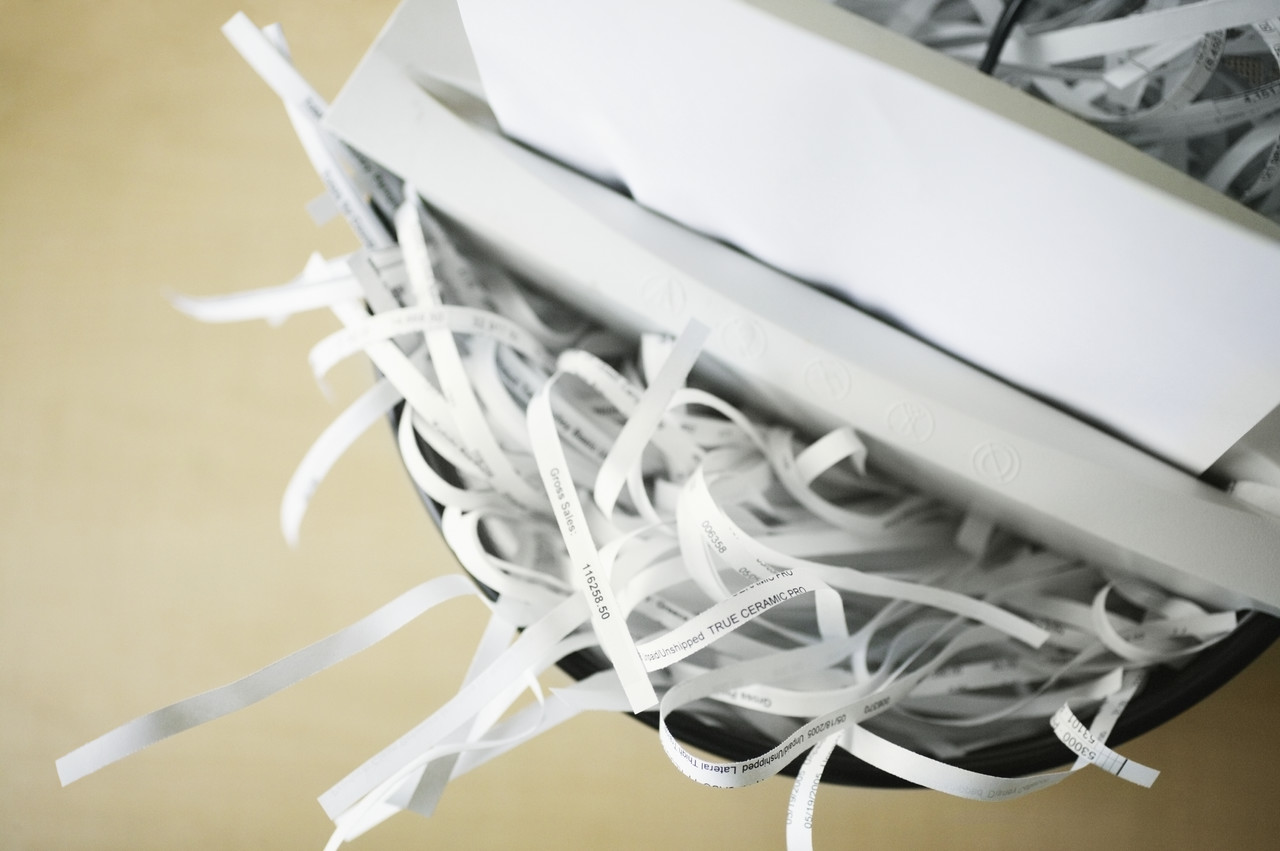
Accounts listed on your credit report that you do not recognize may indicate that you have become a victim of identity theft. The next section contains specific information related to credit reports, credit scores and identity theft.
What is a Credit Report and How is it Used?
A credit report contains detailed information about a person's credit history, including credit accounts and loans, bankruptcies and late payments and recent inquiries. Credit reports are compiled by three major companies known as credit reporting agencies.
Typically, when a consumer applies for credit, the prospective lender obtains the applicant's credit report to help determine creditworthiness. The information in a credit report is one of several factors that help lenders determine whether to offer credit, and on what terms, such as interest rate, annual percentage rate, grace period and other contractual obligations of the credit card or loan. This information is also used to generate a credit score, which is explained in greater detail below.
Requesting FREE Credit Reports
Consumers are entitled to one free credit report every twelve months from each of the three major credit reporting agencies. The official website from which consumers can request their free annual credit report is www.annualcreditreport.com.
Credit Reports and Identity Theft
One of the first steps you should take if you fall victim to identity theft is to notify any one of the three credit reporting agencies. The credit reporting agency you notify is responsible for informing the other two agencies on your behalf. You may want to consider notifying all three agencies to ensure they are aware of your situation.
A consumer can place a Fraud Alert or a Security Freeze on their credit report to help prevent further victimization. The New York State Department of State Division of Consumer Protection offers resources to assist consumers in understanding how to place a Fraud Alert or Security Freeze, and the difference between the two tools.
- Understanding the Difference Between a Fraud Alert and a Security Freeze
- Security Freeze Law Brochure
- Sample letters to the three major credit reporting agencies requesting the placement of a security freeze
Understanding and Disputing Errors in the Credit Report and Identity Theft
Read the Division's basic resource to help consumers learn more about a credit report. The resource also explains how to contest and correct inaccurate credit report entries.
What is a Credit Score?
The three major credit reporting agencies will, for a fee, also provide your credit score -- a number that is calculated based on information in your credit report. A credit score is intended to measure a consumer's credit worthiness and is a snapshot of his or her credit risk at a particular time. Credit-scoring methods typically give greater weight to recent history than past history.
Each credit reporting agency offers a different type of credit score to consumers. The most widely used credit score, called a "FICO score," ranges from 300 to 850. A higher score means less credit risk. You are entitled to get your credit score from your lender free of charge when applying for a mortgage. Your credit score will be adversely affected if negative, incorrect information on your credit report goes uncorrected.



